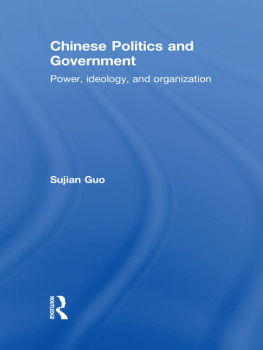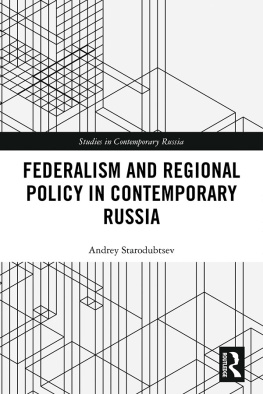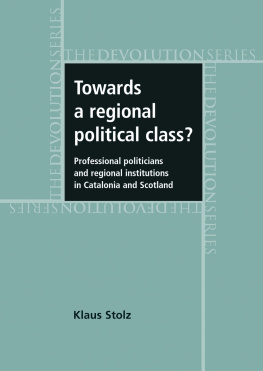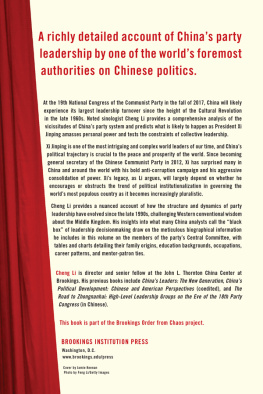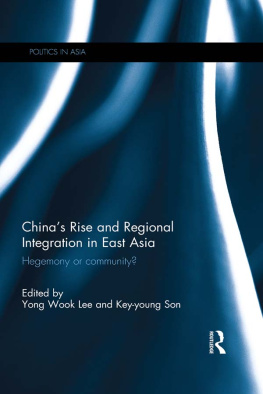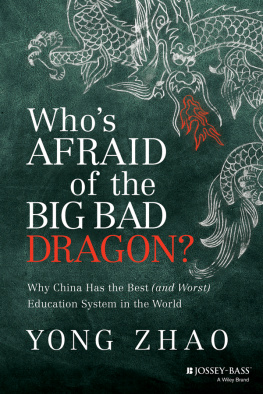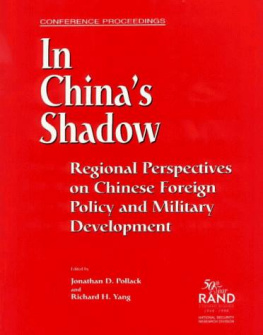Liang Qiao - Political Mobility of Chinese Regional Leaders: Performance, Preference, Promotion
Here you can read online Liang Qiao - Political Mobility of Chinese Regional Leaders: Performance, Preference, Promotion full text of the book (entire story) in english for free. Download pdf and epub, get meaning, cover and reviews about this ebook. year: 2019, publisher: Routledge, genre: Politics. Description of the work, (preface) as well as reviews are available. Best literature library LitArk.com created for fans of good reading and offers a wide selection of genres:
Romance novel
Science fiction
Adventure
Detective
Science
History
Home and family
Prose
Art
Politics
Computer
Non-fiction
Religion
Business
Children
Humor
Choose a favorite category and find really read worthwhile books. Enjoy immersion in the world of imagination, feel the emotions of the characters or learn something new for yourself, make an fascinating discovery.

- Book:Political Mobility of Chinese Regional Leaders: Performance, Preference, Promotion
- Author:
- Publisher:Routledge
- Genre:
- Year:2019
- Rating:4 / 5
- Favourites:Add to favourites
- Your mark:
Political Mobility of Chinese Regional Leaders: Performance, Preference, Promotion: summary, description and annotation
We offer to read an annotation, description, summary or preface (depends on what the author of the book "Political Mobility of Chinese Regional Leaders: Performance, Preference, Promotion" wrote himself). If you haven't found the necessary information about the book — write in the comments, we will try to find it.
A monarch is usually born, a member of parliament or a president is usually elected, but a regional leader in China is usually orchestrated to replace his or her predecessor through an opaque process and for reasons not normally made public. The professional trajectories of Chinese regional leaders are mysterious in many ways. Their promotions and demotions can be predictable in terms of their age, gender, nationality, education, factions, and previous engagements in the political system. Yet, speaking of their capability, performance, opportunities and arrangements, their future can also be unexpected. Such arrangements are always originated from the Organization (zuzhi) which represents the Chinese Communist Party. What are the factors the organization considers in order to make its final decisions on nominating and appointing a regional leader?
Todays regional leaders of China will very likely become the central leaders of China in the future. By making an empirical analysis of Chinese regional leaders political mobility, Qiao establishes a descriptive political mobility model that reveals leadership trajectories in Chinese politics.
Liang Qiao: author's other books
Who wrote Political Mobility of Chinese Regional Leaders: Performance, Preference, Promotion? Find out the surname, the name of the author of the book and a list of all author's works by series.

